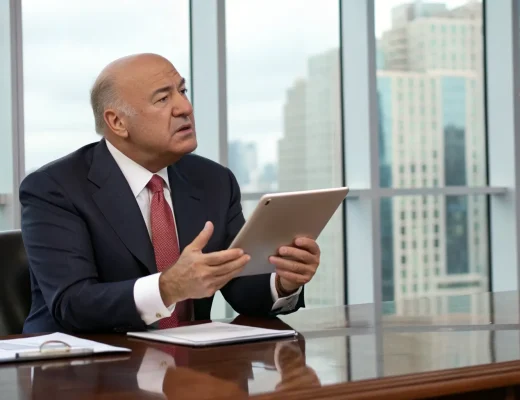Congress passed a sweeping domestic policy bill ahead of President Donald Trump’s July 4th deadline. The bill maintains current tax brackets for individuals and stops taxing
social security for seniors. Financial advisor Kathryn McCall said the impact on household finances depends on income level.
The lowest-income households would receive a tax cut of $150 or less than 1% of after-tax income. However, this may not offset cuts to Medicaid and food stamps, which provide a safety net for many Americans. McCall also cautioned that the bill is projected to add over $3 trillion to the national debt in the next decade.
The legislation primarily favors the wealthy, with a roughly $4 trillion tax cut that extends cuts passed by Republicans in 2017. Without this extension, most Americans would face a tax increase. The Congressional Budget Office stated the bill will significantly impact federal revenue.
To pay for the tax cuts, the
bill makes steep reductions to health care and food assistance benefits for low-income Americans. It also rolls back tax credits for clean energy, which could affect those planning energy-efficient home improvements or electric vehicle purchases. The bill includes measures to collect more fees from certain noncitizens and prioritizes funding for immigration enforcement.
Sweeping tax bill’s impact on states
Key tax provisions include preserving existing brackets, increasing deductions for seniors and pass-through businesses, and eliminating taxes on silencers and certain firearms. The child tax credit is increased with tightened rules, and the estate tax exemption is extended and increased.
Health and food assistance changes involve adding work requirements for Medicaid and food stamps and expanding HSA access. Education provisions restructure student loan repayment, limit certain loan amounts, and change Pell Grant eligibility rules. Taxes on university endowments are increased.
While offering considerable tax breaks, the bill also imposes cuts and restrictions that may affect low- and middle-income Americans. The legislation shifts responsibility for reducing access to food and health care to the states by imposing new federal requirements on programs like SNAP and Medicaid.
States must develop systems to track eligibility and face financial responsibilities that could strain budgets.
Modifications to Medicaid funding mechanisms could lead to the closure of rural hospitals, further reducing healthcare access in underserved areas. The bill also funds a significant immigration crackdown, potentially reducing state tax revenues and increasing demand for social services. The most severe impacts are postponed until after the next midterm elections, but states may begin tightening budgets in response, leading to immediate economic pain.
Congressional Republicans have initiated a slow-moving crisis, leaving states to manage the fallout while evading direct blame.







